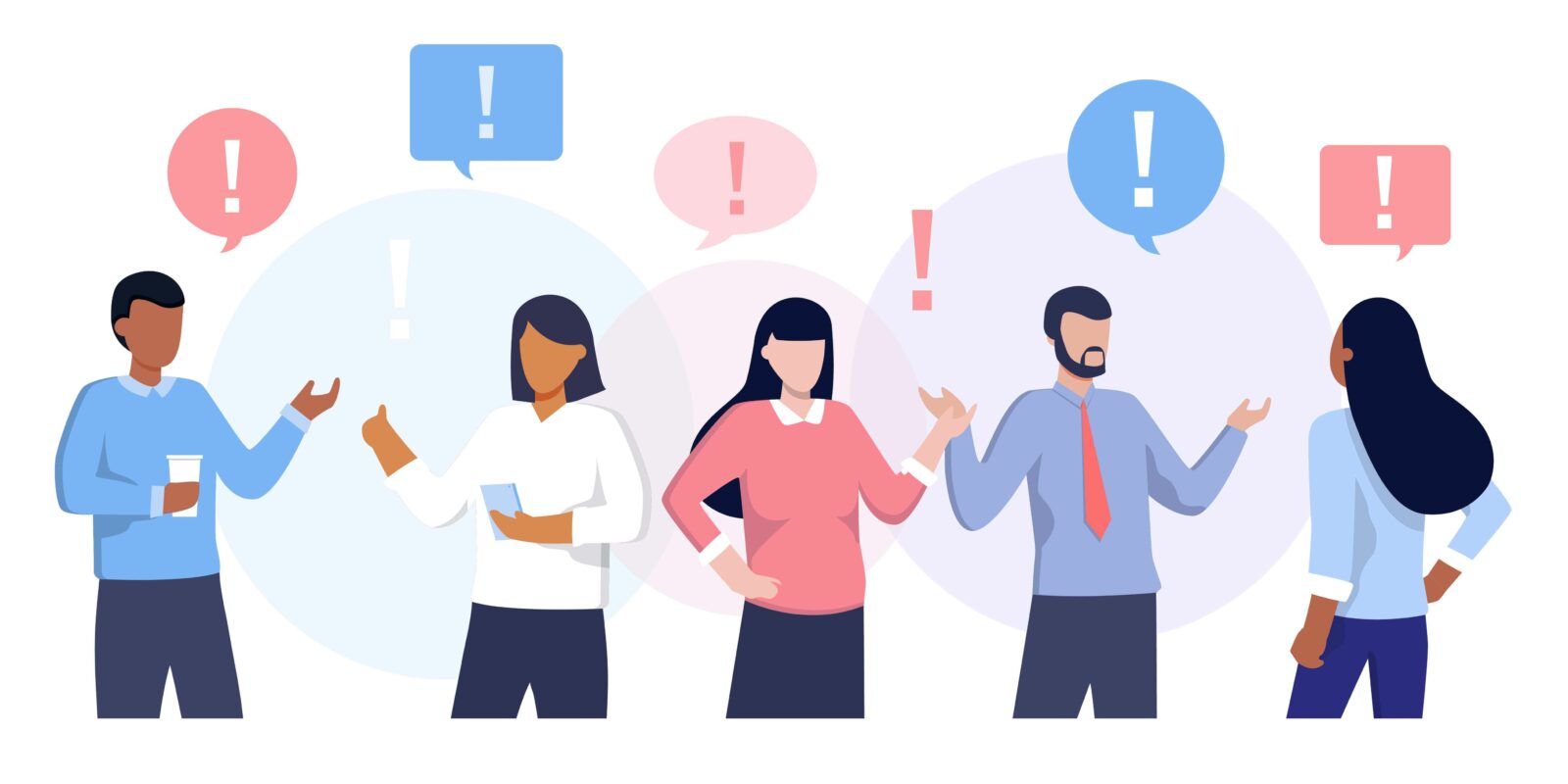I was an undergrad at the University of Virginia when a classmate said, “It’s so rude to interrupt.” What? I had never heard that before. I truly had made it to college without being taught that interrupting was rude.
My mother tells the story of an ordinary evening dinner in our home when I was about 5 years old. I burst into tears and screamed, “No one ever listens to me!” I grew up with three older brothers and if I, or anyone else for that matter, wanted to be heard, we had to shout and talk over someone else. There were no breaks in any conversation.
My husband and I have had a joke for years regarding our families of origin. In his family, everybody listened, but no one talked. And in my family of origin, everyone talked, but no one listened. This is an exaggeration, but not by much.
So, it stands to reason that when I was conducting a program on Workplace Positivity and the conversation turned to communication, I felt a personal connection and added to the discussion with the following thoughts:
- It is crucial for interpersonal communication to employ techniques for not interrupting. The best option is called parroting, where you repeat exactly what the other person said back to them or you paraphrase their words. This slows down the conversation in a positive and intentional way, and also validates that you are listening and that you care enough to listen carefully to what they have to say. If the other person is annoyed and thinks you misunderstood, it gives you a chance to ask for more explanation. Sometimes when people are upset or angry, they may use words they don’t really mean, and this presents an opportunity for clarification.
- Sometimes it might be appropriate to interrupt the other person, if you are doing so with the sole intention of helping them be even more clear in their communication. For example, if someone is listing multiple items, you could break in and repeat the first few back in order to clarify your understanding, and then move on to the next few items. It is not okay to interrupt to turn the conversation back to you.
- It may help to think of your conversation partner as holding a “communication ball” and to avoid interrupting them in a way that takes the conversation from their focus to your own focus.
- Watch out for the words “always” and “never” since they are rarely true. None of us are consistently that good or bad.
How are your workplace conversations? Are you a good listener as well as a good talker?






0 Comments